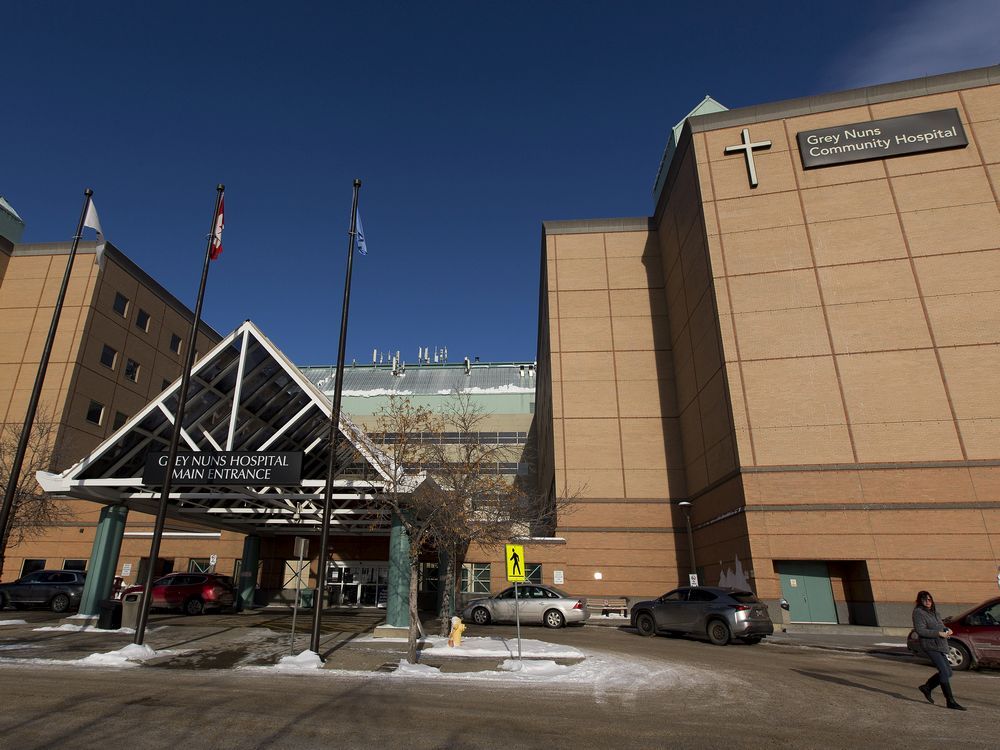Halifax Tar
Army.ca Legend
- Reaction score
- 17,852
- Points
- 1,260
I think the issue is that once we have the public/private healthcare system, and the private side pays their folks more $, then naturally more healthcare specialists will go to those private companies rather than the current public hospitals, etc. So eventually, unless there is a way to gatekeep how many go private or the govt pays more (which I’m sure will happen), it will essentially become private healthcare.
This isn’t necessarily a case of “let it fail”, because if it fails then we’re talking about healthcare. You and I may be able to afford private healthcare, but how about those making less than us? If they get subsidized then we’re just doing a half-job of public healthcare.
Because I work with so many Americans and see their system (Tricare aside), I have a different opinion of public, private, and dual healthcare. It is definitely possible to get better service in the US because it’s run like a business, and if you don’t want to go to clinic A, you go to clinic B.
However, when I ask how much they pay for co-Pay, health insurance, and still have to select their clinics or hospitals based on what place takes which insurance (they default to “use the military hospital if at all possible” due to a myriad of reasons), it gives me pause.
I support a private health care system, and I will get behind public support in a private system for those who are unable to look after themselves; people with disabilities.




